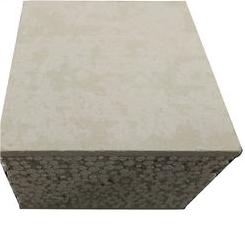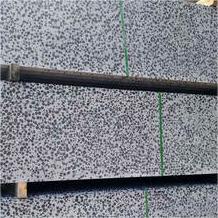Admixtures, often utilized in the construction industry to enhance the properties of concrete and other building materials, typically come with an expiration date or shelf life. This date indicates when the material may lose its effectiveness, potentially compromising the structural integrity or performance of the final product. Understanding the shelf life of admixtures is crucial for ensuring quality control and preventing costly mistakes during construction projects.
(Expiration Exposed: Do Admixtures Have a Shelf Life?)
The shelf life of admixtures can vary widely depending on several factors, including the specific type of admixture, storage conditions, and manufacturing date. Admixtures containing chemical components that degrade over time will have a shorter shelf life than those with more stable chemical compositions. For example, corrosion inhibitors, which are designed to protect steel reinforcement in concrete, may lose their effectiveness if stored improperly, leading to potential corrosion issues once applied.
Storage conditions play a significant role in determining the shelf life of admixtures. Exposure to high temperatures, humidity, or direct sunlight can accelerate degradation processes, reducing the lifespan of the admixture. Therefore, it is essential to store admixtures in cool, dry places away from direct heat sources and sunlight. Manufacturers often provide recommended storage conditions on the product labels, which should be followed closely to maintain the admixture’s efficacy.
Manufacturing date is another critical factor influencing the shelf life of admixtures. The longer an admixture sits on the shelf after production, the higher the risk of degradation. This is particularly true for admixtures that contain sensitive chemical compounds that may break down over time. To ensure optimal performance, it is advisable to use admixtures within a reasonable timeframe following their manufacture.
To manage the risks associated with admixture shelf life, construction professionals should implement proper inventory management practices. This includes regularly checking the expiry dates of stored admixtures, prioritizing the use of older products before newer ones, and maintaining accurate records of purchase and usage dates. By doing so, they can minimize the chances of using expired admixtures that may not perform as intended.
(Expiration Exposed: Do Admixtures Have a Shelf Life?)
In conclusion, the shelf life of admixtures is an important consideration in construction projects. By understanding the factors that influence shelf life, implementing appropriate storage practices, and managing inventory effectively, construction professionals can ensure the continued effectiveness of admixtures and contribute to the overall quality and longevity of the built environment.
Inquiry us
if you want to want to know more, please feel free to contact us. (nanotrun@yahoo.com)

